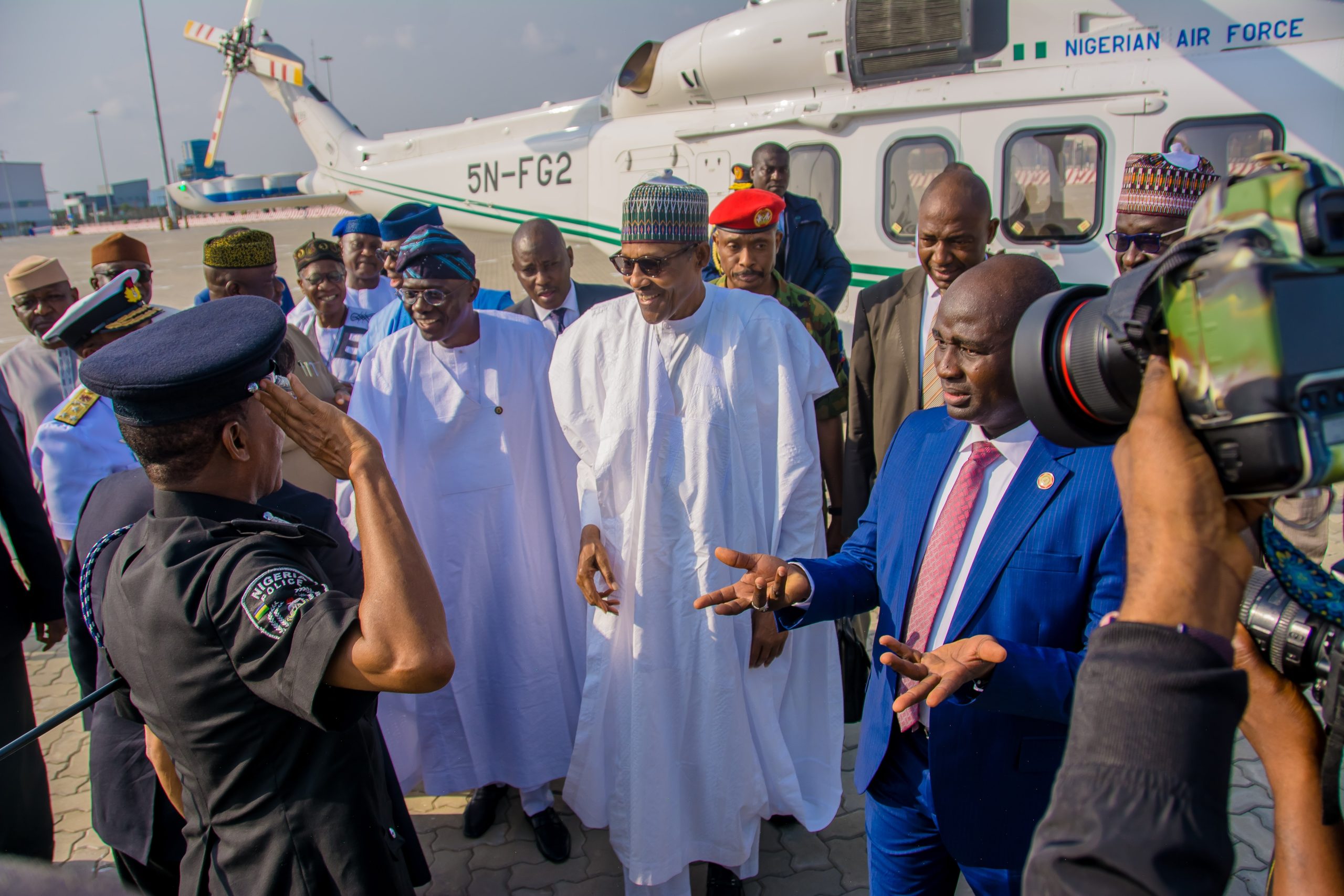AFRICA IS A COUNTRY
YESTERDAY
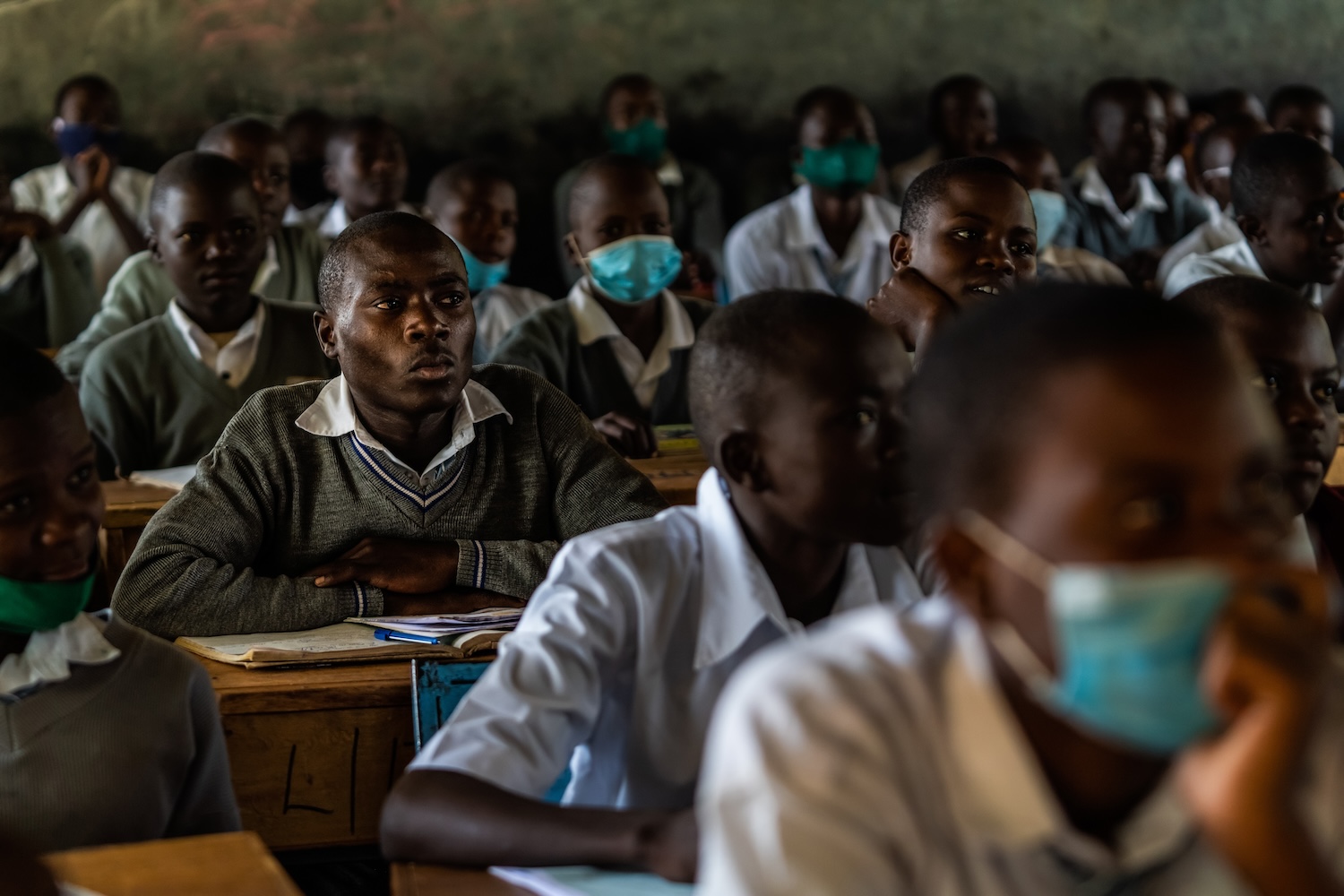
From the colonial classroom to today’s exam halls, student strikes in Kenya are less outbursts than acts of political imagination—insisting that schools live up to their promise of justice and transformation.
SEPTEMBER 11. 2025
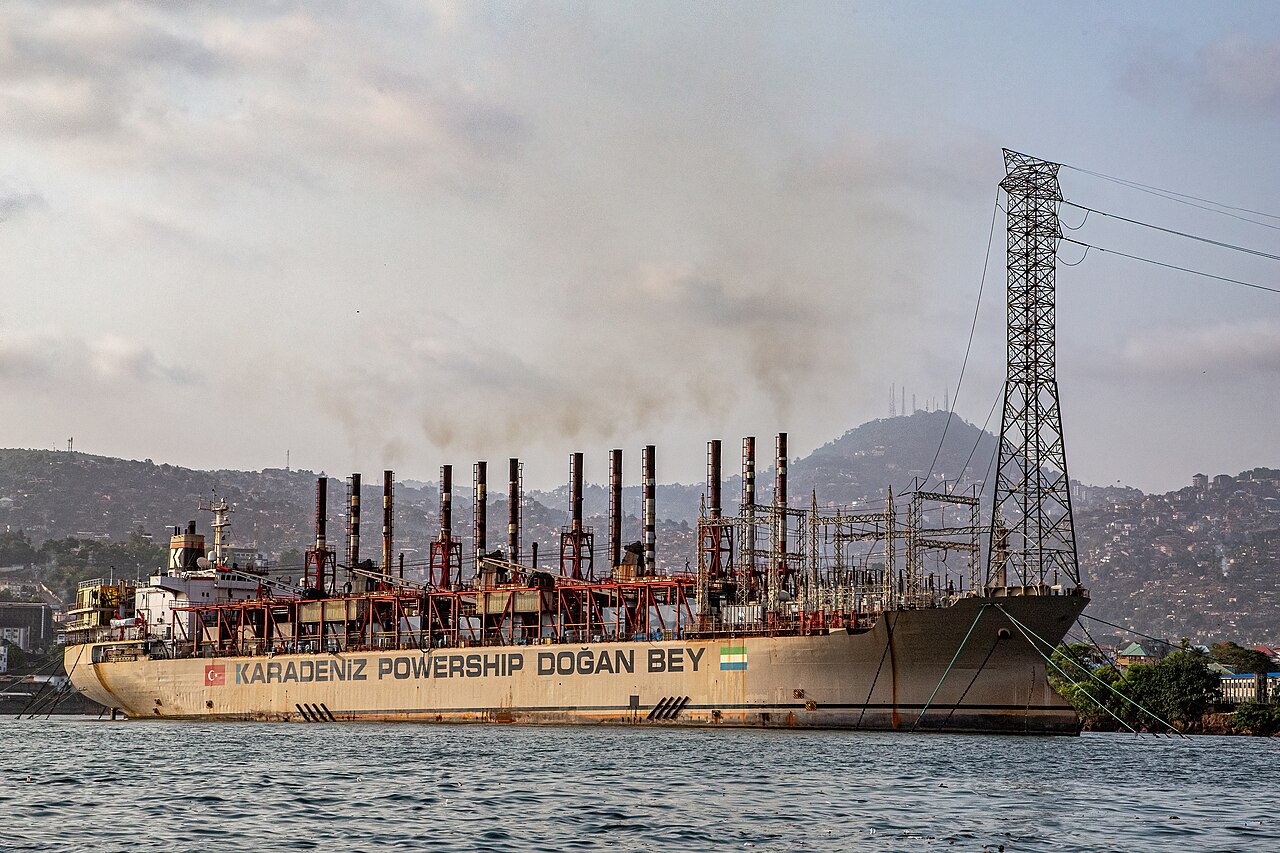
Floating power plants from Turkey promise to solve blackouts in the Global South. But easy fixes come with political risks.
SEPTEMBER 10. 2025
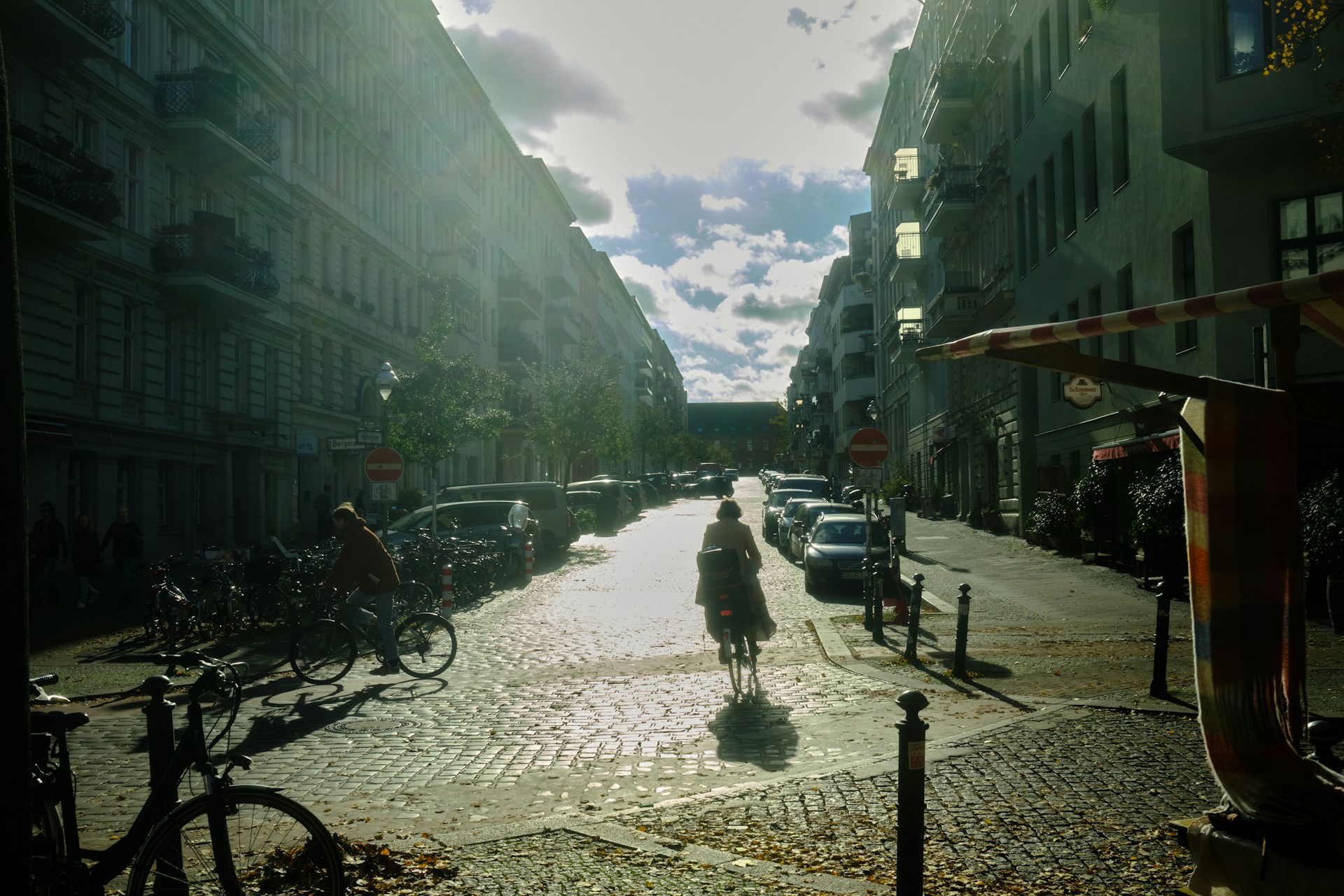
At the 13th Berlin Biennale, works from Zambia and beyond summon unseen forces to ask whether solidarity can withstand the gaze of surveillance.
SEPTEMBER 9. 2025

Trump’s deportation regime revives a colonial blueprint first drafted by the American Colonization Society, when Black lives were exiled to Africa to safeguard a white republic.
SEPTEMBER 8. 2025

In an era when AI delivers the answer before the question is even asked, the sanctity of wonder is slipping away, and soon the act of asking might vanish entirely.
AUGUST 11. 2025
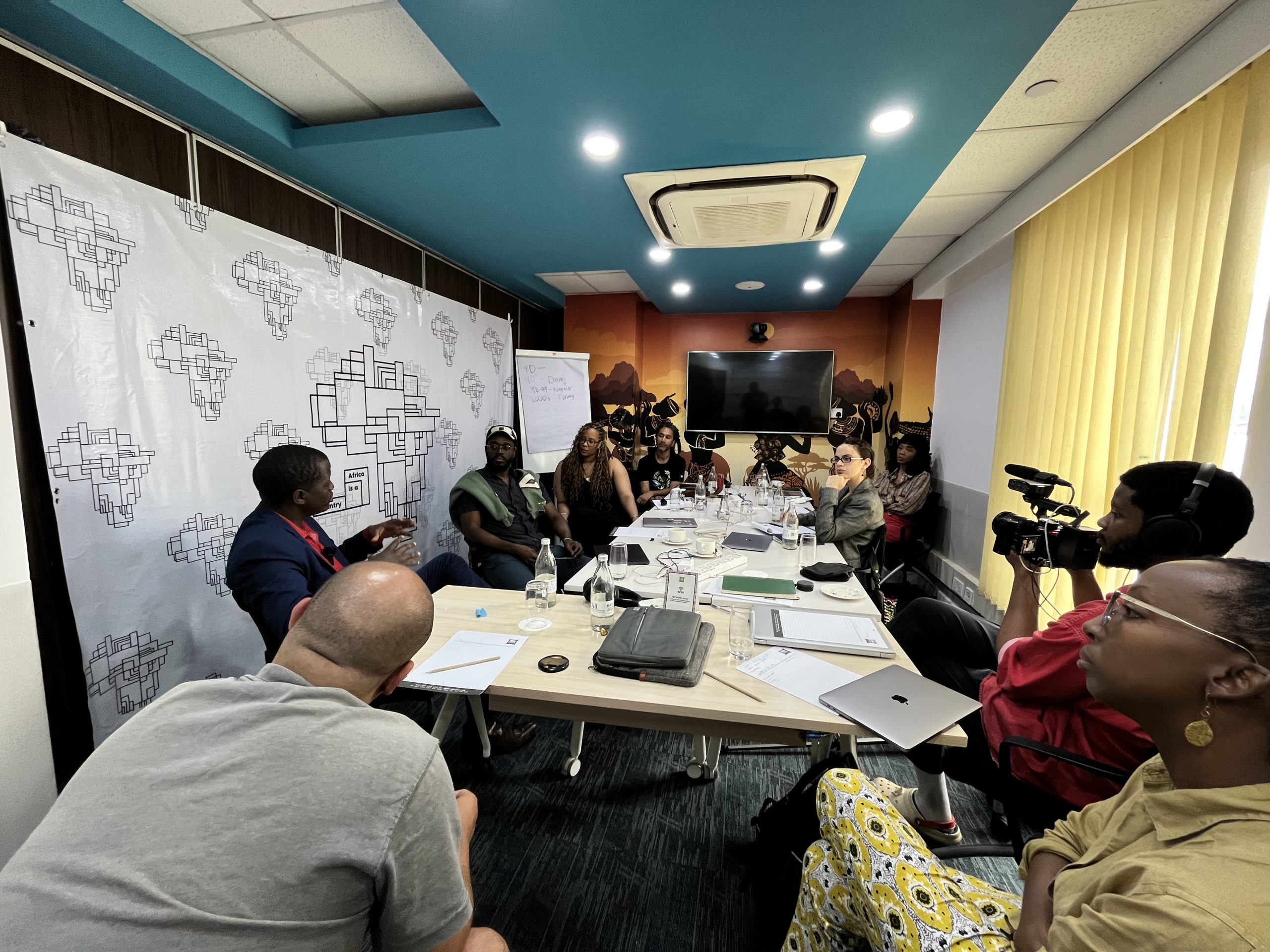
On our annual publishing break, Gaza’s genocide continues to unfold in real time yet slips from public grasp. This is not just a crisis of politics, but of how reality is mediated—and why we must build spaces where meaning can still take root.
AUGUST 8. 2025
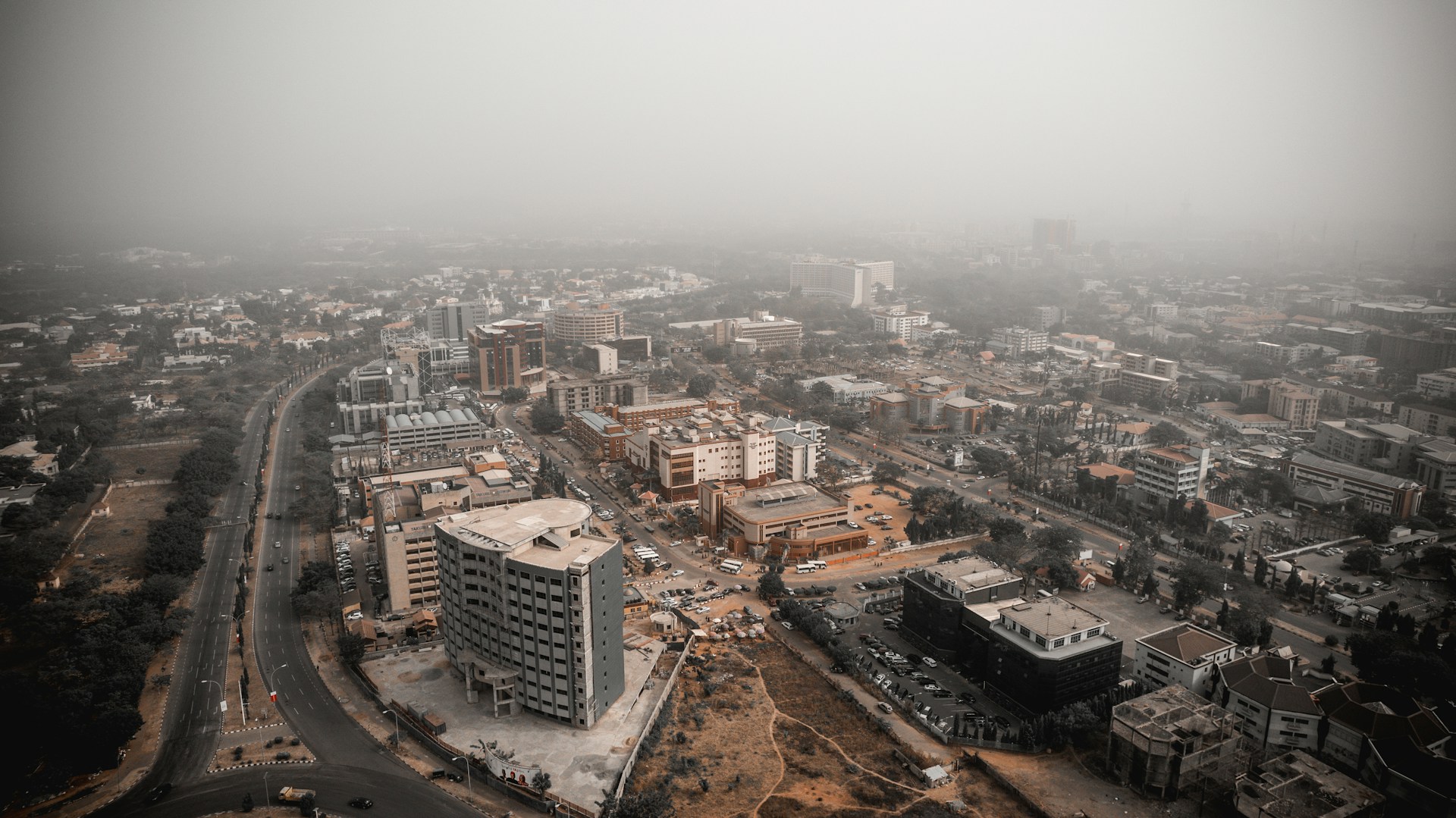
A new opposition coalition in Nigeria claims to speak for the people, but its architects are from the same old political class seeking another shot at power.
AUGUST 7. 2025
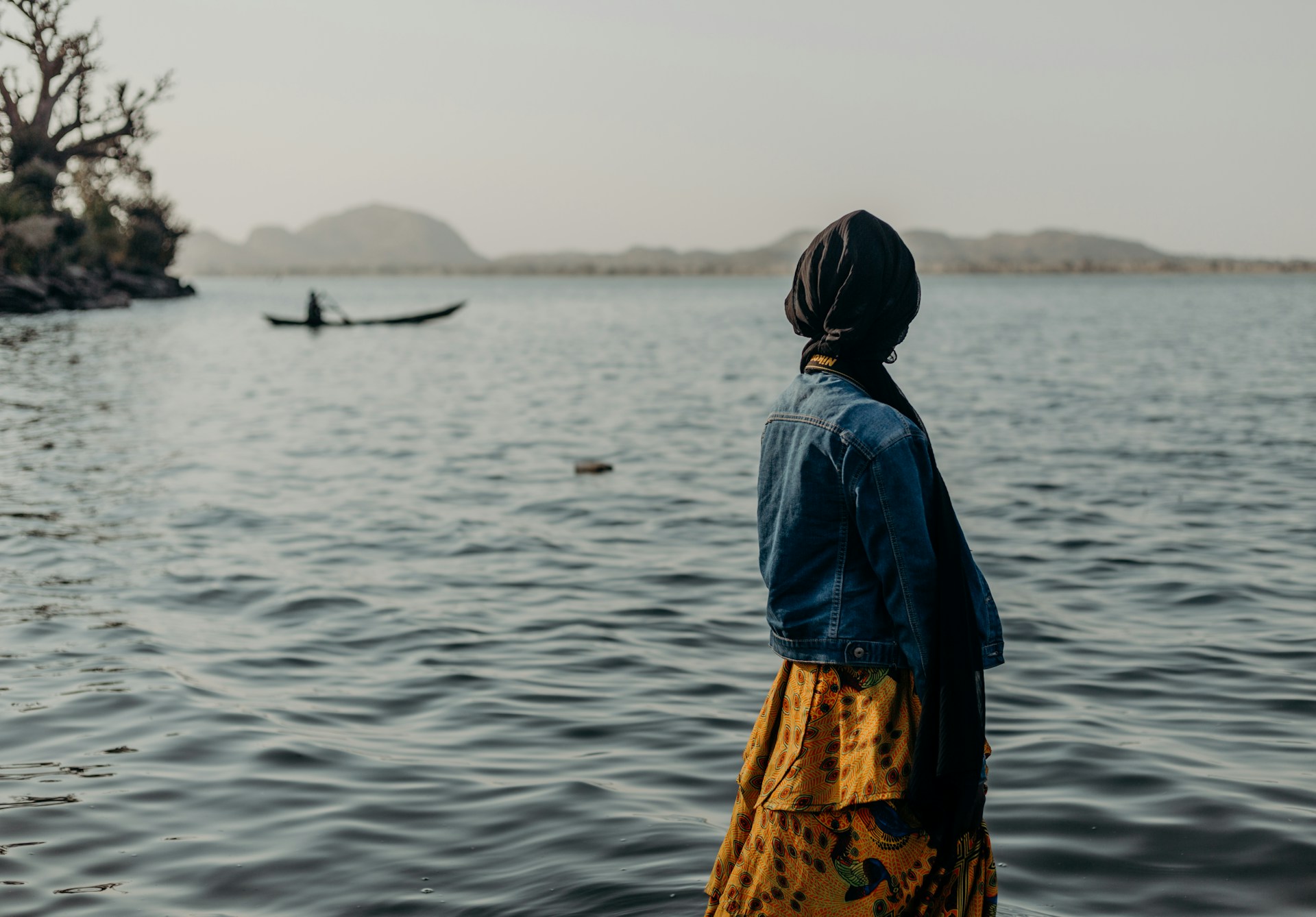
In her latest novel, Chimamanda Ngozi Adichie examines the contradictions of women’s desires, while leaving her own narrative blind spots exposed.
AUGUST 6. 2025
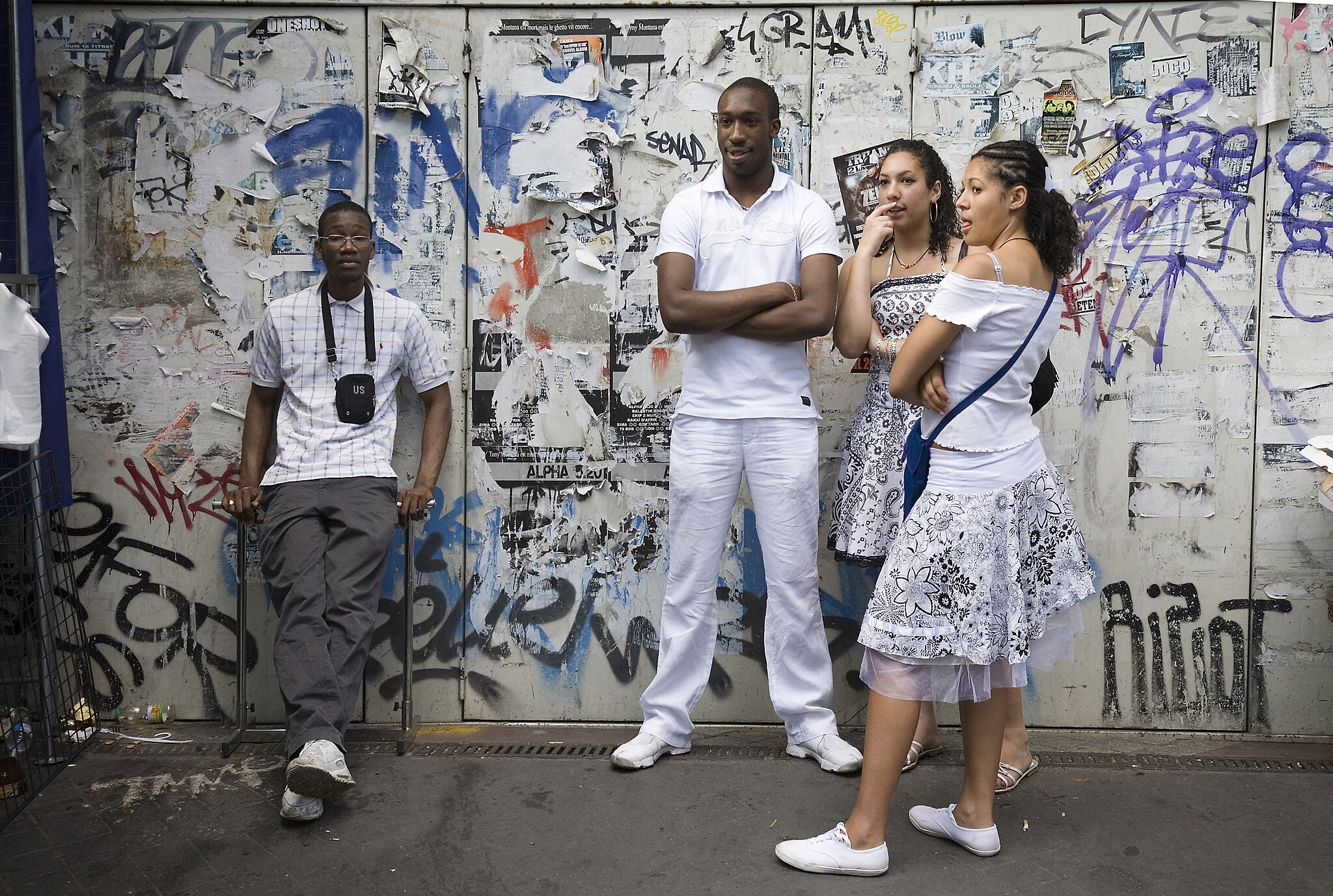
The French narrative of the Enlightenment still struggles to contend with the country’s racialized hierarchy in its cultural artifacts.
AUGUST 5. 2025
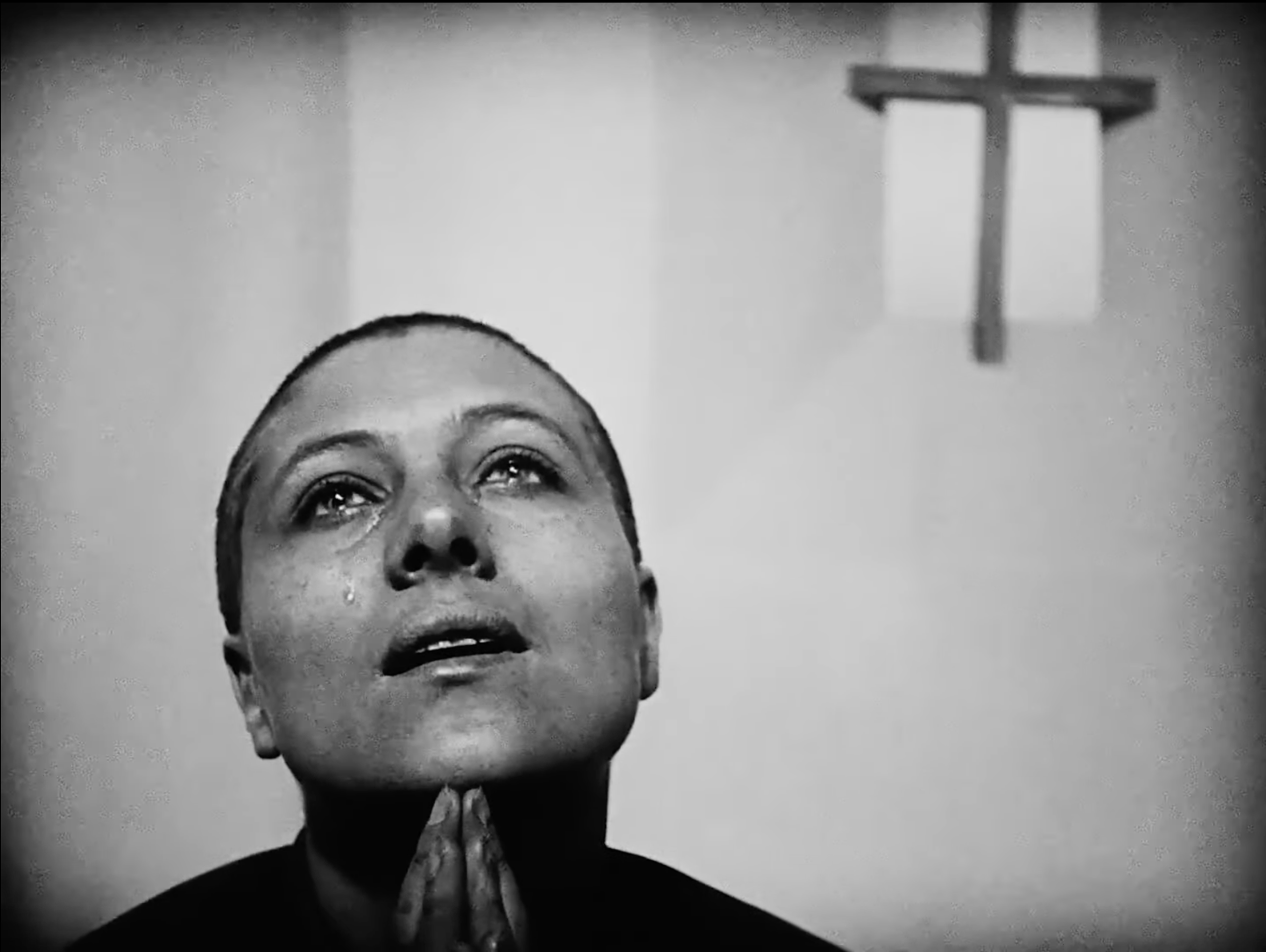
As Hollywood recycles pro-war propaganda for Gen Z, Youssef Chahine’s 'Djamila, the Algerian' reminds us that anti-colonial cinema once turned imperial film language against its makers—and still can.
AUGUST 4. 2025
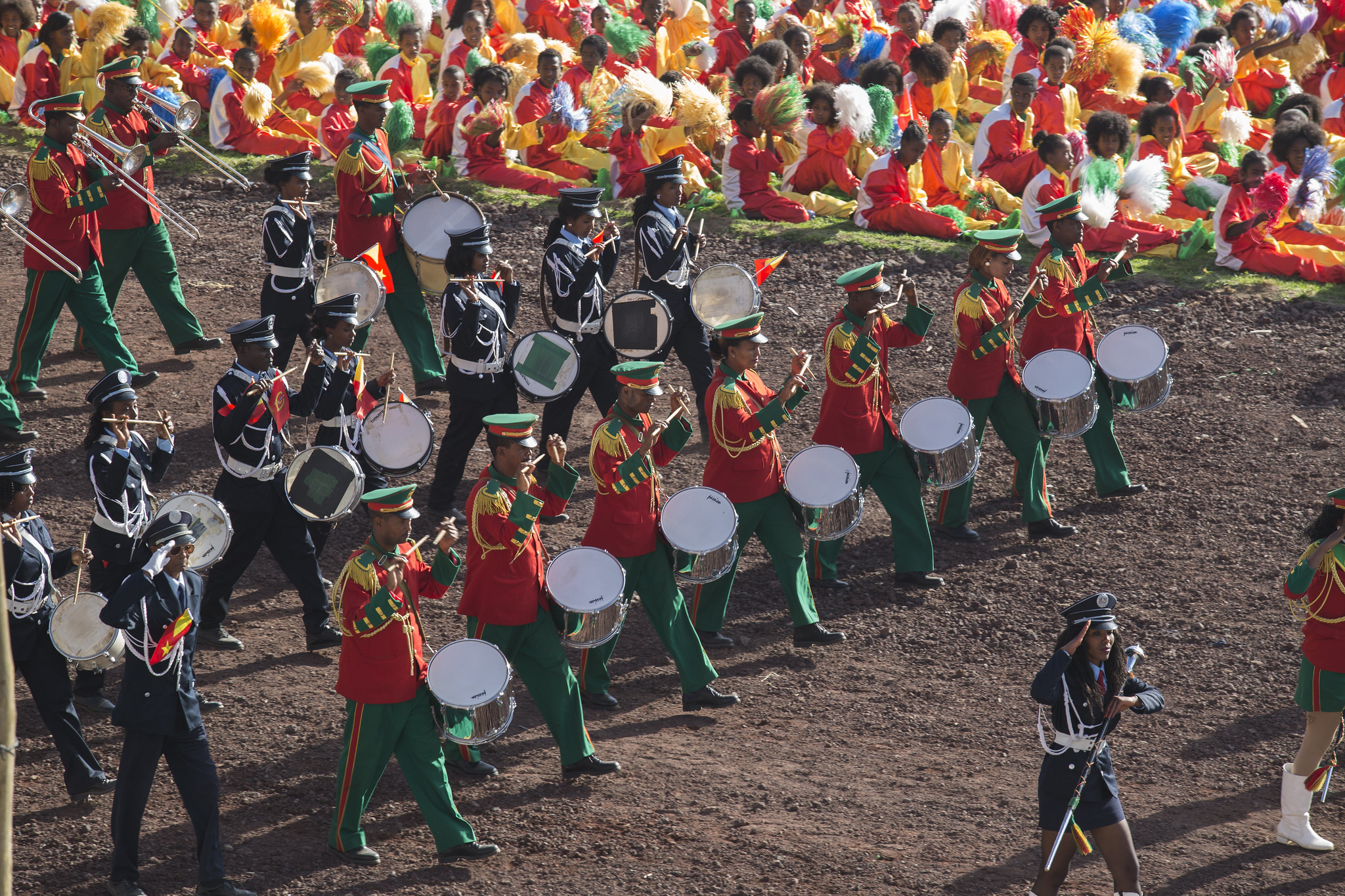
The reopening of a border between Eritrea and Tigray masks a deeper realignment. As old foes unite against Ethiopia’s government, the risk of renewed war grows.
AUGUST 1. 2025
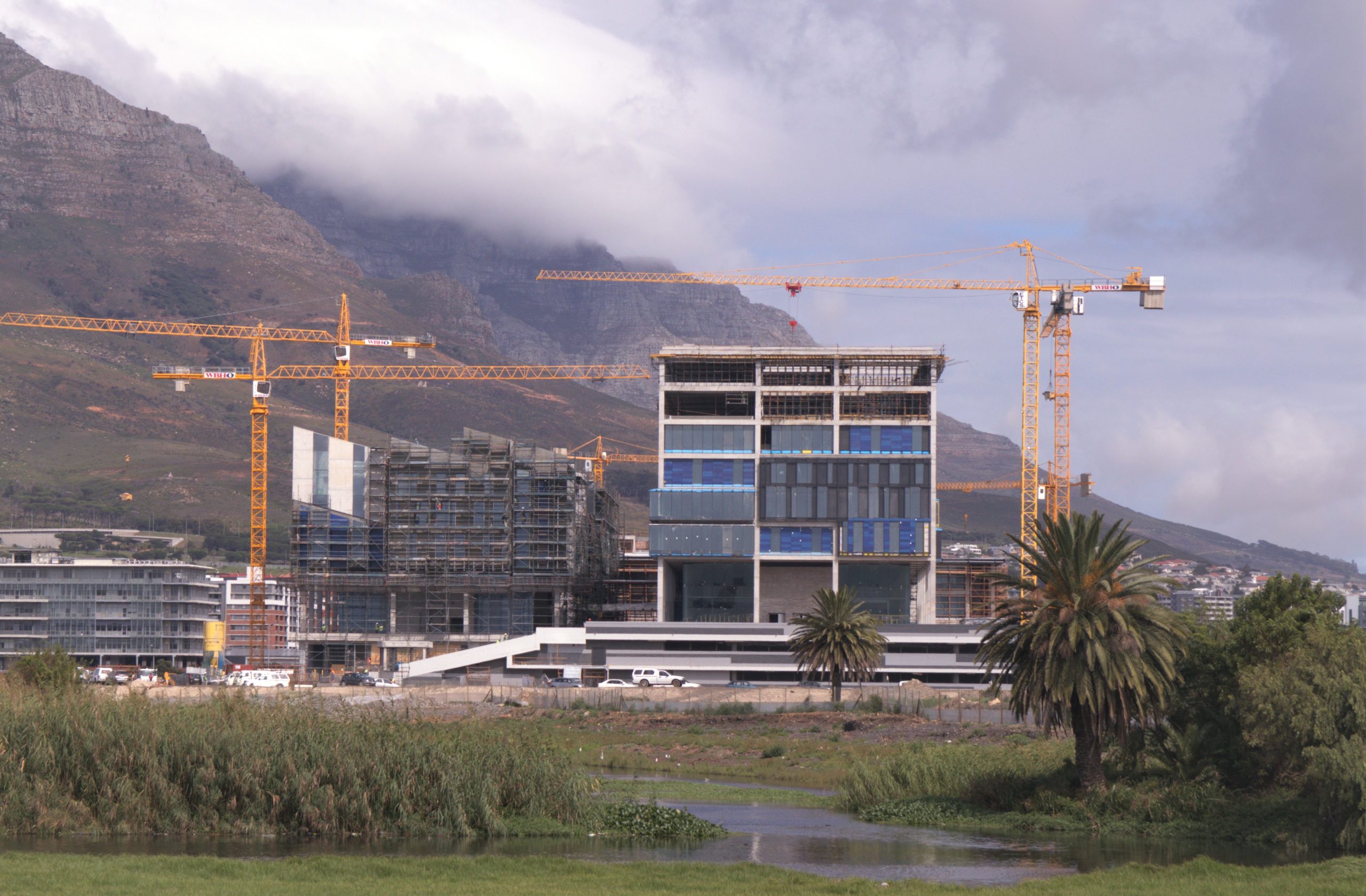
K. Sello Duiker’s 'The Quiet Violence of Dreams' still haunts Cape Town, a city whose beauty masks its brutal exclusions. Two decades later, in the shadow of Amazon’s new development, its truths are more urgent than ever.
JULY 31. 2025
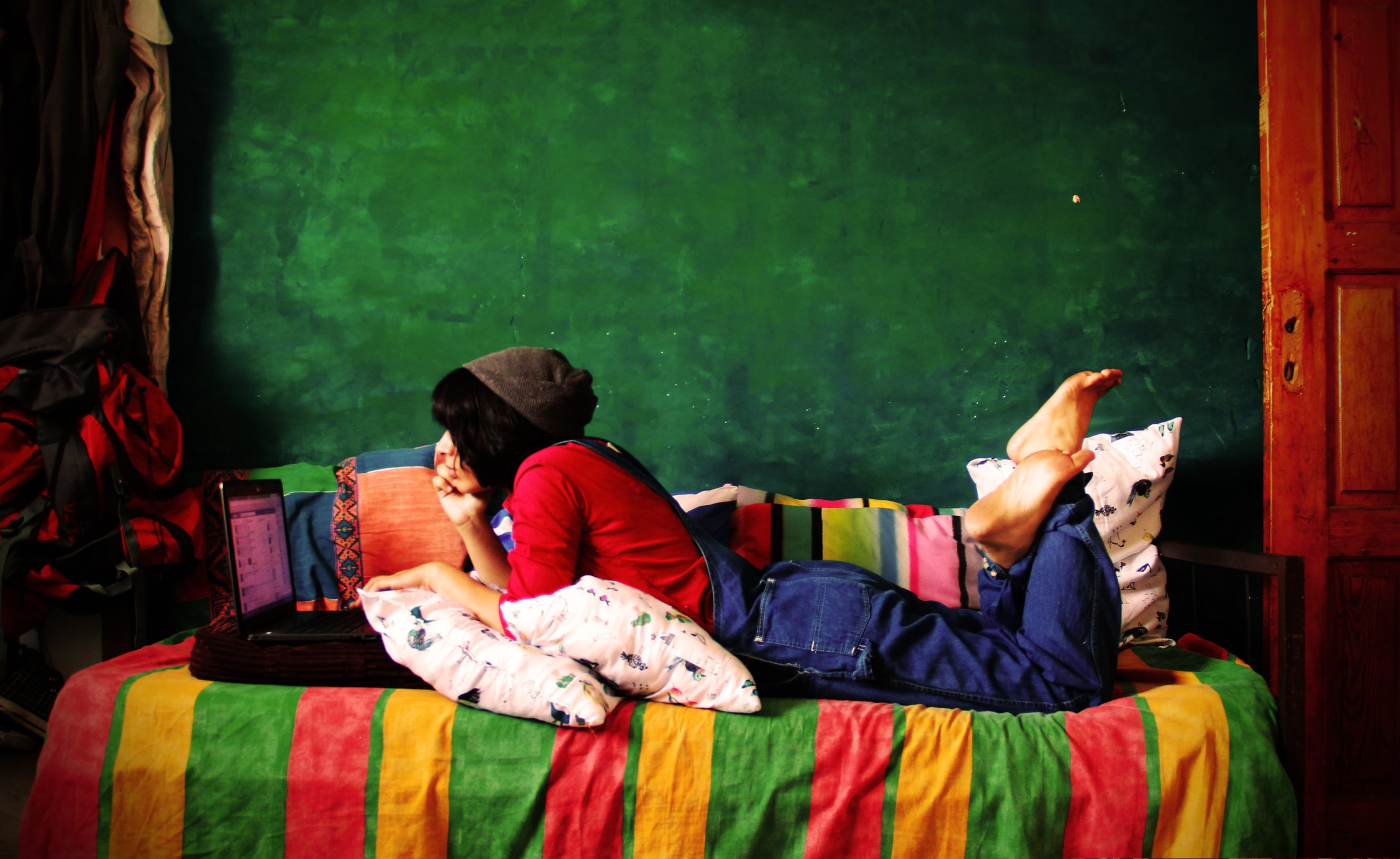
Against a backdrop of global collapse, one exhibition used Chinua Achebe’s classic to hold space for voices from the Global South—and asked who gets to imagine the future.
